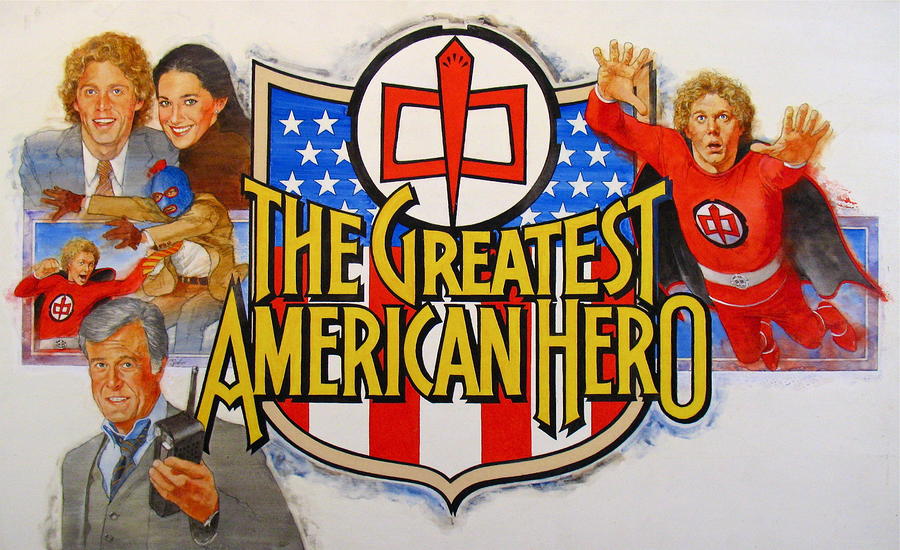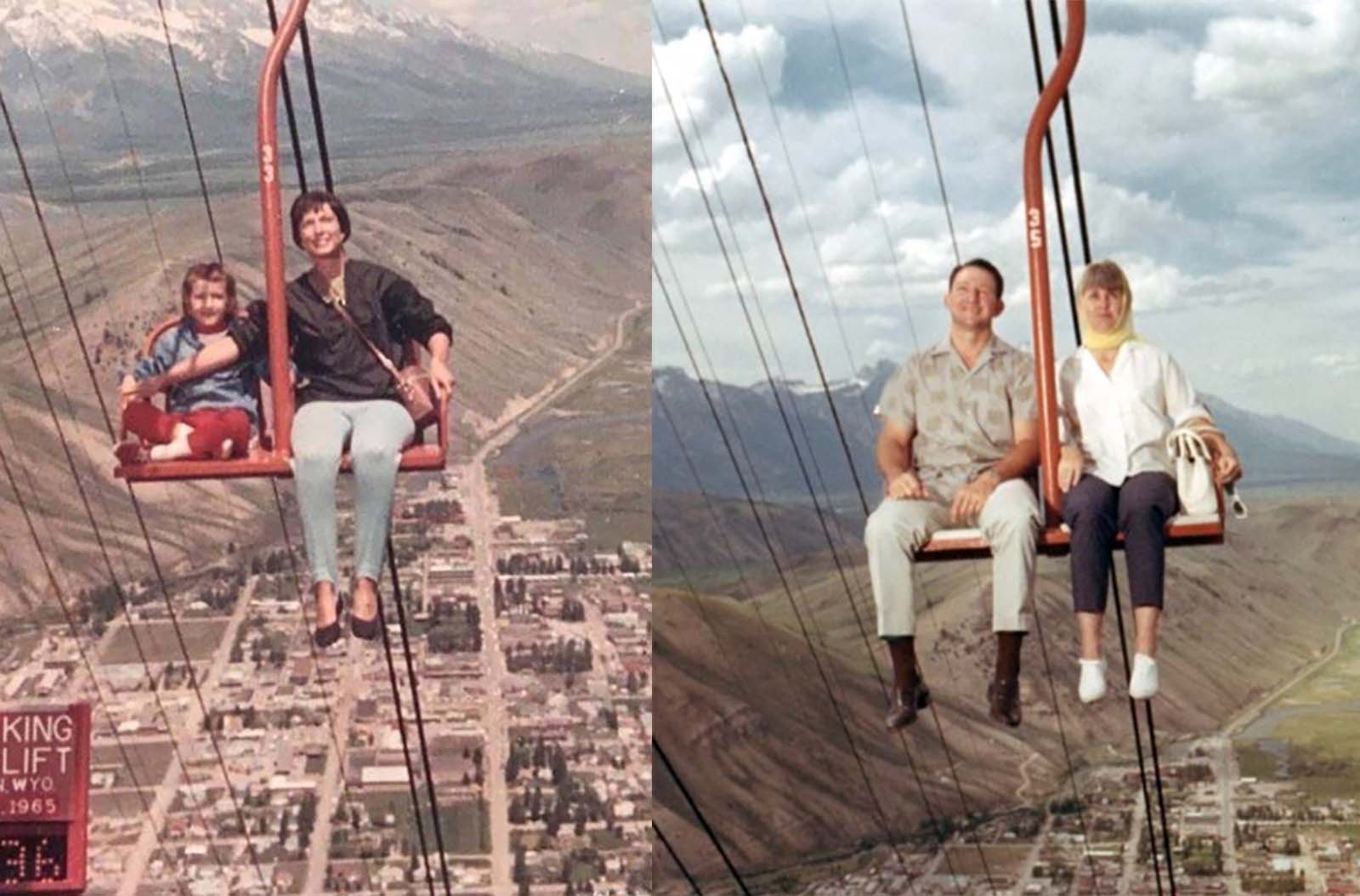Fast-food chains have become staples of modern culture, serving up quick, tasty meals to millions daily. Behind the polished facades and standardized menus lie origins that are often humble and unassuming. Let's take a trip down memory lane to discover what ten beloved fast-food giants looked like when they first opened their doors.
![]()
McDonald's: From the Walk-Up to the Golden Arches
![]()
The story of McDonald's began in 1955, when Ray Kroc acquired the rights to expand the small San Bernardino, California restaurant owned by Richard and Maurice McDonald. The original restaurant was a simple walk-up counter, focusing on limited but speedy service, primarily offering hamburgers, cheeseburgers, fries, and milkshakes. The iconic golden arches, symbolizing the brand, were introduced later.
KFC: The Birth of Finger-Lickin' Good
![]()
Colonel Harland Sanders founded Kentucky Fried Chicken (KFC) in the 1930s, serving his famous fried chicken in a humble service station in Corbin, Kentucky. The initial restaurant was small, with a rustic appeal, featuring Sanders' pressure-cooked chicken. The red and white colors and the likeness of Colonel Sanders became synonymous with the brand as it expanded.
Burger King: Flame-Grilled Royalty Emerges
![]()
Burger King's inception in 1954 in Miami, Florida, introduced a restaurant that emphasized flame-grilling in their burger preparation. The initial restaurant's design was straightforward, and the 'Burger King' character began making appearances in the branding.
Subway: Submarine Sandwich Revolution
![]()
In 1965, the first Subway store emerged in Bridgeport, Connecticut, focusing on making submarine sandwiches with an open kitchen concept for customers to watch their sandwiches being made. The emphasis was on freshness and customization of each sandwich.
Pizza Hut: The Beginning of Pizza Domination
![]()
In 1958, Pizza Hut began in Wichita, Kansas, as a small brick building with a red shingled roof, resembling a hut. The initial restaurant offered a cozy environment with limited seating and a menu primarily focused on various pizza toppings.
Taco Bell: Early Days of Tex-Mex
![]()
Glen Bell's Taco Bell opened in Downey, California, in 1962, featuring a mission-style stucco building with vibrant colors and an outdoor ordering window. The menu primarily included tacos, burritos, and other Tex-Mex delights.
Wendy's: The Freshness Revolution
![]()
Dave Thomas founded Wendy's in 1969 in Columbus, Ohio, featuring a square-shaped building with a distinctive red roof. The menu revolved around square-shaped hamburgers, promoting fresh, never-frozen beef.
Starbucks: Birth of a Coffeehouse Giant
![]()
The first Starbucks in 1971 in Seattle, Washington, primarily sold coffee beans and equipment for brewing at home. The cozy interior offered high-quality coffee, establishing the brand's iconic green and white colors and mermaid logo.
Dunkin' Donuts: The Coffee and Donut Haven
![]()
Founded in 1950 in Quincy, Massachusetts, the original Dunkin' Donuts was a straightforward shop emphasizing quick service with a menu mainly centered on coffee and a variety of donuts.
Chipotle: Pioneering Fast-Casual Mexican Cuisine
![]()
Chipotle, born in 1993 in Denver, Colorado, established its first location with a minimalist and industrial design. It focused on providing fresh and customizable Mexican-inspired cuisine in a fast-casual setting.
Dairy Queen: A Sweet Start
![]()
Dairy Queen opened its doors in 1940 in Joliet, Illinois, offering soft-serve ice cream. The initial store was a walk-up stand with a limited menu, primarily highlighting their iconic soft-serve treats.
In-N-Out Burger: The Freshness Continues
![]()
Founded in 1948 in Baldwin Park, California, In-N-Out Burger began with a simple stand offering a minimal menu of hamburgers and drinks. The emphasis on fresh ingredients and made-to-order food has been consistent.
Arby's: The Roast Beef Revolution
![]()
Arby's was established in 1964 in Boardman, Ohio, as a small fast-food restaurant focusing primarily on roast beef sandwiches. The early locations featured a modest, compact design with a focus on freshly sliced meats.
Sonic Drive-In: The Drive-In Era Begins
![]()
Sonic Drive-In opened in 1953 in Shawnee, Oklahoma, introducing a drive-in concept with carhops delivering food to parked cars. The original Sonic locations featured a distinctive retro-inspired design with a focus on drive-in service.
Carl's Jr.: Charbroiled Beginnings
![]()
Carl's Jr. was founded in 1941 in Los Angeles, California, emphasizing charbroiled burgers. The initial restaurant was a small roadside stand focusing on quick, flame-cooked burgers.
Conclusion
![]()
The journey from small, humble beginnings to becoming global giants has been remarkable for these fast-food chains. From the basic design and limited menus to the consistent branding and expansion, each of these restaurants retains some elements of their original identity. They've adapted and evolved to meet the changing tastes and demands of their customers, yet their roots remain intrinsic to their present-day success. These glimpses into the past remind us that even the most colossal fast-food empires started with a vision and a passion for offering convenient, tasty food.



